Accessible learning
through Play
Music is Easy Method has been in development since 2016 by London Music Educator and Jazz Musician Edward Cubitt. Building on Kenny Werner's 'Effortless Mastery' and informed by the first Flow-State study aimed at Musicians, conducted by Goldsmith's University, Music is Easy makes accessing Flow State simple and easy through the use of learning Games.
Created, tested and refined over thousands of hours of teaching, in the practice room and classroom, these Games have helped learners of all ages, skill levels and access needs develop intuitive mastery of their instrument, at the same time as understanding their own cognitive strengths and developing strategies for supporting their weaknesses.
With exploration and creativity at the core of the Games, they can be combined in all kinds of different ways to create and develop melodic, harmonic and rhythmic ideas. Through use, players will develop an intuitive infrastructure of western music, using the Piano to understand the relationship between notes, chords and scales, and applying this to any other instrument they choose to learn.
The Games

A pattern recognition and puzzle Game based on the Piano, which will build a piano in your head. These patterns are applied to all other instruments, and can be developed into further structures, scales, intervals and triads to explore in the Word Game.
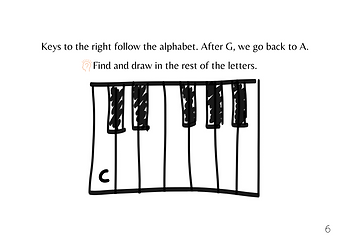

Needing no previous background in music and nothing more than your voice and hands, the Rhythm Game turns counting into an expandable framework for understanding rhythms.
Level 2 introduces 'and', level 3 introduces 'e-and-a'. The counting number can be changed for 3/4, 5/4 and any other signatures.
Like the Word Game does for notes, the Rhythm Game supports players in building a rock-solid internal rhythmic framework of counting, while at the same time exploring the possibilities of rhythm and application to different instruments. This can then be used to support reading conventional symbol-based rhythm notation.
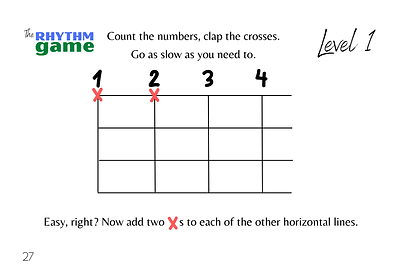

Simple to understand, and with endless replayability - what words can you make with the musical letters A-G? What does CABBAGE sound like when you play those letters as notes?
Can you "FEED ED A BAD EGG"?
The Word Game isolates the single cognitive process of thinking a note and playing it on your instrument, while also framing it in a Scrabble-like word finding game, with elements of phonics. How might you pronounce the word ABC? Ahb-kuh? Ah-Book?
With effortless composition at its core, players will find all kinds of melodies, riffs and musical ideas, while also developing intuitive mastery of producing the notes on their instrument.
Developing the skills built in, 'What's that Song?' creates a bridge to conventional written music that players can choose to cross at any time.

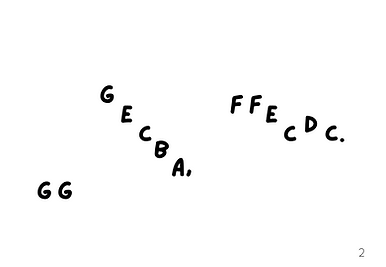
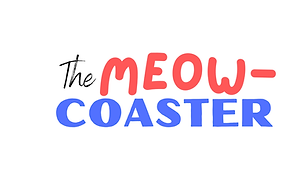
The voice is the most important instrument, everybody has one, and it's free.
We've tailored a game that builds confidence singing whether you think you have a good singing voice or not.
The Meow-Coaster is the most powerful Game of Music is Easy; It guides learners through a variety of silly sounds to make, experimenting with high and low pitch. Finally, after Meowing a Meow-Coaster or ten the reveal happens.
The learner realises they have been singing the whole time, that they can sing, and that it's not so scary after all. Fear is gone, and the voice then becomes an accessible tool of learning.
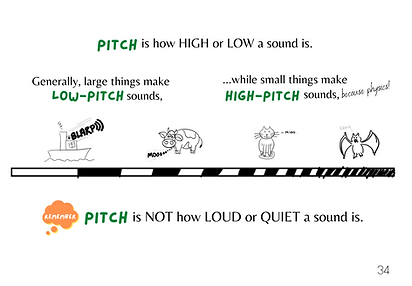.png)